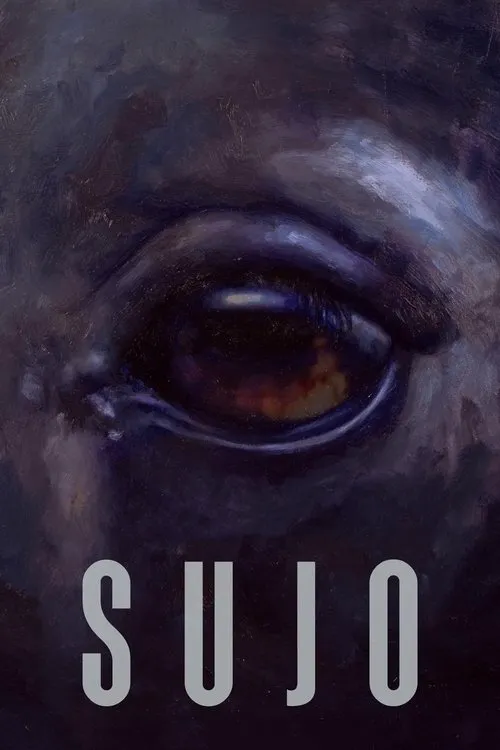Sujo

Plot
In the gritty and dark world of Sujo, a tragic chain of events sets the stage for the tumultuous journey of its protagonist. The story begins with the brutal murder of Sujo's father, a skilled and ruthless hitman. The young Sujo, just 4 years old at the time, is left to face the harsh realities of the world on his own. As the narrative unfolds, it becomes clear that Sujo's father had been deeply embroiled in the world of organized crime, and his demise sets off a ripple effect that leaves a trail of violence in its wake. The family's dark history and Sujo's father's occupation seem destined to forever cast a shadow over the young boy's life. Growing up, Sujo is constantly exposed to the harsh realities of violence and bloodshed. He witnesses firsthand the brutal and unrelenting nature of the world his father operated in, and this exposure shapes his worldview in profound ways. Sujo's early years are marked by a sense of disconnection and isolation, as if he is forever stuck between two worlds: the innocence of childhood and the harsh realities of adulthood. As Sujo grows into a man, he begins to grapple with his own destiny. His father's death and the events that led up to it have left an indelible mark on his psyche, and he starts to feel an inexplicable pull to follow in his father's footsteps. This notion sends shockwaves through his life, and Sujo is forced to confront the darkness that has haunted his family for generations. The film's director masterfully weaves together a complex tapestry of themes, exploring the blurred lines between right and wrong, loyalty and betrayal, and the unbreakable bonds of family. Through Sujo's journey, the film shines a light on the cyclical nature of violence, highlighting the ways in which it can consume entire families and leave an unrelenting stain. Sujo's path is fraught with peril, as he navigates the treacherous landscape of organized crime. Every step forward is met with uncertainty and danger, as he must confront the very people responsible for his father's murder. Along the way, he forms tentative alliances with those who may be willing to help him or hinder his progress. As Sujo navigates this treacherous world, the lines between loyalty and betrayal become increasingly blurred. His allegiance is torn between the legacy of his father and the desperate need to forge his own path. This internal conflict is a hallmark of the film, as Sujo struggles to reconcile his desire for revenge with the weight of his family's dark history. The supporting cast is equally complex, with a cast of characters that add depth and nuance to the narrative. Each character's backstory is meticulously crafted, providing a rich tapestry of motivations and conflicts that add to the overall tension of the story. The film's climax is both visceral and thought-provoking, as Sujo is forced to confront the very demons that have haunted his family for so long. The action is intense and unrelenting, with a series of high-stakes confrontations that push Sujo to the very limits of his endurance. Ultimately, the film raises important questions about the nature of violence and the cyclical nature of trauma. Can Sujo break free from the curse of his family's legacy, or is he forever destined to follow in his father's footsteps? The answer is far from clear, leaving the audience to grapple with the complex themes and moral ambiguities at the heart of the film. Through its thought-provoking narrative and visceral action sequences, Sujo presents a haunting portrayal of a world in which violence and bloodshed are an accepted way of life. The film is a powerful exploration of the human condition, highlighting the ways in which trauma and destiny can forever shape our lives.
Reviews
Recommendations




